|
BLOG
Korte and Associates
News
GET THE LEGAL ASSISTANCE YOU REQUIRE AT THIS MOMENT
|
Fix a Roof Leak?
Is your roof leaking?

What Are Your Legal Rights as a Tenant When Your Landlord Fails to Fix a Roof Leak?
Have you ever had a roof leak that your landlord ignored for weeks or even months? It’s frustrating, but tenants have legal protections that can help in these situations.
In this post, we’ll walk you through the legal steps you can take if your landlord fails to repair a roof leak, ensuring your rights as a tenant are upheld.
The Legal Obligation of Landlords to Make Repairs
Warranty of Habitability
In most jurisdictions, landlords are legally required to maintain rental properties in a condition fit for living. This is called the “warranty of habitability.” A leaking roof can significantly impact the habitability of a home, making it a legal obligation for the landlord to fix it.
Common Law & Local Regulations
While laws can vary depending on the state or country, landlords are typically required to address issues that affect the safety or livability of a rental property—like roof leaks, plumbing problems, or electrical hazards.
Steps to Take Before Pursuing Legal Action
- Document Everything
- Photos/Videos: Take clear pictures or videos of the roof leak, damage caused by water (like stains, mold, or warped ceilings), and any other problems the leak has caused.
- Written Notice: Always communicate repair requests in writing. Sending an email or formal letter to your landlord serves as proof that you’ve requested repairs.
- Keep a Record of Communication: Document all your interactions with the landlord about the roof leak, including dates and responses. This will be crucial if you need to escalate the matter legally.
- Give the Landlord a Reasonable Time to Fix the Issue: While you’re not expected to wait forever, most jurisdictions require tenants to give the landlord a reasonable period to make repairs before taking further action.
Legal Recourse for Tenants If the Landlord Fails to Fix the Roof Leak
Withholding Rent (Where Permitted)
- When it’s Legal: In some jurisdictions, if a landlord fails to make essential repairs within a reasonable time, tenants may have the right to withhold rent until the repairs are completed. This is often referred to as the “repair and deduct” or “rent withholding” remedy.
- How to Proceed:
- Send a written notice to your landlord stating that you are withholding rent until the roof leak is repaired.
- Make sure you’re following your local laws precisely, as there are often conditions that must be met (e.g., the issue must be serious, you must not be in arrears, and you must notify the landlord of your intention to withhold rent).
- Risks: If not done correctly, withholding rent can lead to eviction proceedings. It's crucial to follow legal procedures and consult a lawyer if unsure.
Repair and Deduct
- When You Can Fix It Yourself: In some areas, tenants are allowed to arrange for the repair themselves and deduct the cost from their rent. This is usually applicable when the landlord fails to act after being notified.
- Limitations: The amount you can deduct may be limited (e.g., up to one month’s rent or a specified amount) and usually requires that you give the landlord a chance to fix the issue first.
- Prove the Expense: You’ll need receipts or proof of payment for the repairs and must often follow certain steps to notify the landlord in advance.
Reporting to Local Housing Authorities
- Health and Safety Violations: If the roof leak is severe and makes the property uninhabitable, you can contact your local housing authority or building inspector. Many local governments have departments that enforce tenant rights and ensure landlords meet basic safety standards.
- Code Enforcement: A city or county inspector may issue a citation or order the landlord to make the repairs, which can compel the landlord to act faster.
Legal Action in Small Claims Court
- Filing a Claim: If the landlord still refuses to make the repairs or you’ve suffered damage due to the leak (e.g., personal property damage, loss of use of a room, etc.), you may consider filing a claim in small claims court for compensation.
- How It Works:
- You’ll need to provide evidence of the leak, your communications with the landlord, any damage, and the lack of repairs.
- Small claims courts are typically designed for individuals to represent themselves without a lawyer, making it a relatively affordable and accessible option.
- Possible Outcomes: If successful, you could be awarded compensation for repairs, property damage, or rent reduction for the period you lived with the unaddressed leak.
Other Legal Protections for Tenants
- Rent Reduction or Compensation: In some cases, tenants can request a rent reduction for the period during which the property was uninhabitable due to the leak. If the problem has made a portion of the rental unit unusable, you might be entitled to a reduction in rent.
- Right to End the Lease: In certain situations, if the leak causes significant damage or disrupts your ability to live in the property, you might have the right to terminate the lease early without penalty. This is especially true if the problem persists after multiple repair requests.
- Mold and Health Concerns: If the roof leak leads to mold, tenants might have additional legal recourse under laws related to health and safety standards. Mold can pose serious health risks, and tenants may be entitled to damages if the landlord’s negligence contributed to the issue.
When to Seek Legal Help
- Consulting an Attorney: If you’ve followed the necessary steps—documenting the issue, notifying your landlord in writing, and giving them a reasonable amount of time to make repairs—and still have no resolution, it might be time to consult a tenant rights attorney.
Conclusion
- Take Action: Don’t wait indefinitely for your landlord to fix the roof leak. Understand your rights and take proactive steps to address the issue legally.
- Know Your Options: Whether it’s withholding rent, taking legal action in small claims court, or seeking assistance from a local housing authority, tenants have options to hold landlords accountable when they fail to make necessary repairs.
- Empower Yourself: By understanding your legal rights, you can ensure that your home remains safe, habitable, and secure—and that you’re not left shouldering the financial and emotional burden of a neglected roof leak.
Share Your Experience: Have you had a similar issue with a roof leak and a landlord who didn’t respond in a timely manner? Share your story in the comments below, and let us know how you handled the situation.
CONTACT
8895 N Military Trail, Suite 200C, Palm Beach Gardens, FL 33410
bkorte@kortepa.com

Korte and Associates
This website has been built to be accessible for all users. If you experience any difficulty in accessing this website, please contact us for assistance.

